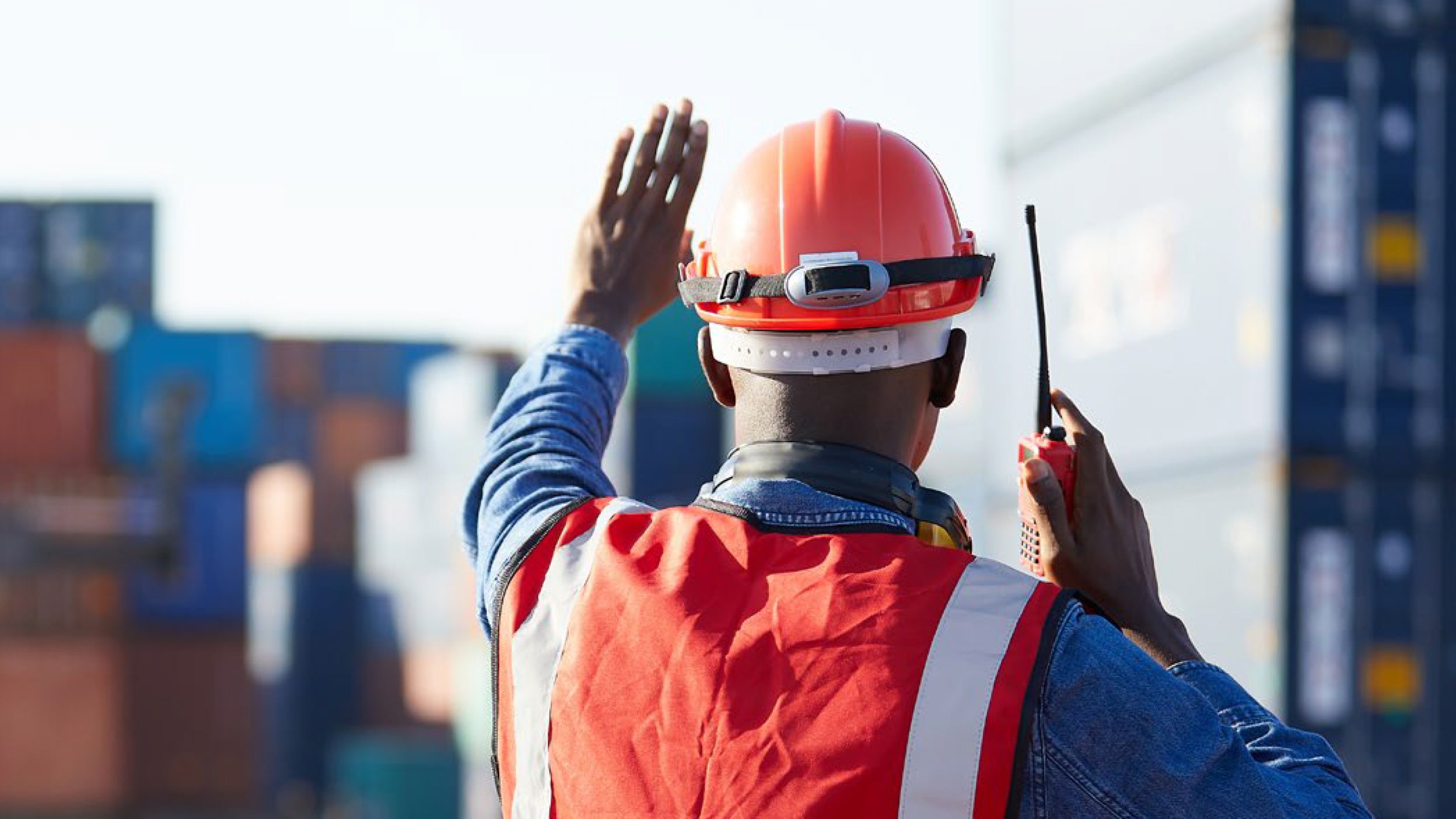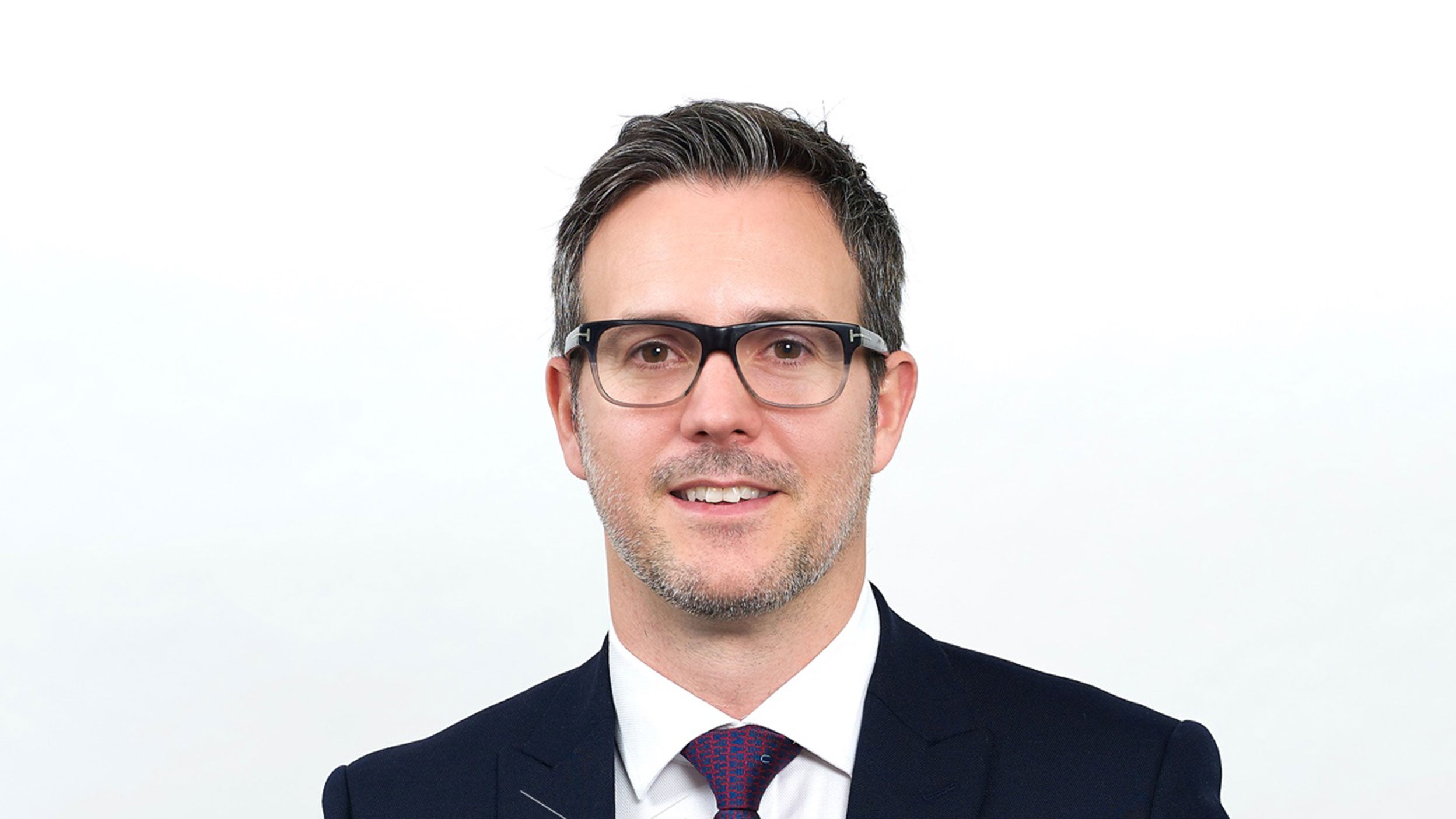
What would a Labour government mean for the UK?
In Uncommon Truths, Invesco experts Paul Jackson and Andras Vig’s provide a regular in-depth look at the big topics impacting markets.

We believe that Africa will be the economic and investment story of this century. In our second Africa report, we outline the attractive and solid fundamentals that may define the next two-to-three decades for the continent.
Africa is big. It accounts for 23.0% of the world’s surface area and 24.3% of its agricultural land It has the capacity to be an important source of food.
It’s also home to some of the world’s biggest mineral reserves, holding more than 90% of the world’s reserves of platinum group metals.
Our own calculations suggest that Africa has 30% of the world’s solar resources. However, that is an indication of potential and in 2022 Africa accounted for only 1.4% of global solar energy generation
However, perhaps the most important resource available to Africa is its human capital. Though it only accounted for 15.0% of the world’s working-age (15-64) population in 2020, United Nations’ projections suggest its share will rise to 41.4% by 2100, close to that of Asia which in 2020 accounted for 61.5%.
In this report, we show many of the traditional, macro indicators that are used for developing countries. But we also wanted to highlight the fact that, starting from a low base, Africa has a unique opportunity to leapfrog the rest of the world when it comes to the use of technology.
Africa’s demographic advantage, together with its enormous potential for renewable energy, technology, plentiful agricultural land and mineral resources, could position the continent as both the factory and the breadbasket of the world.
Notes: The HCI is compiled by the World Bank and calculates the contributions of health and education to worker productivity. The final index score ranges from zero to one and measures the productivity, as a future worker, of a child born today relative to the benchmark of full health and complete education. Singapore is the country with the highest HCI (0.88 in 2020) while the Central africa Republic is the country with the lowest HCI (0.29). Afghanistan (0.40) is the country with the lowest ranking outside of Africa. Source: World Bank and Invesco
We believe climate change will affect poor countries disproportionately. The ND-GAIN initiative at the University of Notre Dame ranks countries by vulnerability and readiness to resist climate change. Out of 185 countries analysed, only one African country (Mauritius) ranks in the top third globally for climate change resilience. Conversely, the majority of African countries (41 in total) are among the most vulnerable.
African countries contribute less than 3% to cumulative CO2 emissions and have low annual CO2 emissions per capita compared to global averages and countries like the US. This is due to limited industrialization and low incomes, though emissions may rise with economic growth.
Africa has the potential to develop in a low-carbon way, leveraging abundant solar and wind resources. Investing in renewable energy infrastructure could position Africa as a leader in technological innovation and create commercial opportunities.
Supporting Africa's adoption of renewable technologies is crucial for mitigating climate change and fostering economic growth. Overseas private sector investment, along with government aid, will play a key role in this transition towards sustainable development.
Apart from some of the challenges around climate change, one of Africa’s other primary challenges is attracting investment. Many African countries face obstacles such as conflict, lack of trust, or insufficient legal frameworks and financial markets to attract private overseas funding. Recent military coups in Burkina Faso (2022, twice), Gabon (2023), Guinea (2021), Mali (2020 and 2021), Niger (2023), and Sudan (2021) exemplify these challenges.
The involvement of global powers like China, Russia, Europe, and the US has not always benefitted Africa. The challenge now is to channel this interest positively. Thus, outside investors must identify potential, feasibility, and associated risks in African investments. Each country's situation varies, and we aim to distil the information in this document to assess likely funding sources (aid, multilateral financing, NGOs, and overseas private investors) for each.
Below, you can see what we believe are the top 10 African countries to watch. These judgments are subjective but grounded in economic, institutional, political, and investment realities as seen today.
The list is largely unchanged from 2021, though Angola replaces Cote d’Ivoire this time.
South Africa and Botswana remain highest ranked, with Tanzania moving to #3.
Some countries miss out due to size and limited natural resources but offer financial markets, openness to investment, and potential. Mauritius is a prime example: a small island with a thriving tourist industry, high literacy, tech uptake, and competitiveness.
Namibia, Senegal, and Tunisia are excluded due to size and resource constraints. All 54 countries have something to offer investors, but potential may take time to realise given current realities. Situations can change quickly, prompting annual ranking updates.
| Rank | Country | Strengths | Weaknesses |
|---|---|---|---|
| 1 | South Africa | Size, openness to investment | None (within an African context) |
| 2 | Botswana | Openness to investment, stability | Natural resources |
| 3 | Tanzania | Size, openness to investment | Resource contribution to economy |
| 4 | Ghana | Openness to investment | Demographics |
| 5 | Algeria | Size, natural resources | Stability |
| 6 | Zambia | Openness to investment | Government finances |
| 7 | Nigeria | Size | Competitiveness |
| 8 | Morocco | Openness to investment | Resource contribution to economy |
| 9 | Angola | Size, natural resources | Openness to investment (and lack of stock market) |
| 10 | Egypt | Size, openness to investment | Government finances |
Source: Invesco. Based on our judgement of the relative attractiveness of African countries.
This fund aims to support the world’s most vulnerable regions as they adapt to the effects of climate change. It invests in public and private debt in developing markets, targeting climate mitigation and climate adaptation projects.
Africa has the world’s largest mineral reserves and has huge potential to produce energy from renewable sources. The continent could be positioned at the forefront of low-carbon technological development, which could create commercial opportunities. It also has a demographic advantage, with its growing population size likely to drive economic growth.
The challenge for outside investors is not only spotting potential investments but also their feasibility. Many African countries are in a state of crisis, or don’t have the legal frameworks, institutions and financial markets required to attract overseas funding.
We’ve used a range of metrics to build a picture of the strengths and weaknesses within the African context, including size; natural resources; economic potential; stability; and openness to investment.
We present two case studies, focused on Algeria and Somalia, to show the practical value of our rankings. Algeria receives a higher score than Somalia due to its vast natural resources, and its relatively better political stability, technology and education, among others.

What would a Labour government mean for the UK?
In Uncommon Truths, Invesco experts Paul Jackson and Andras Vig’s provide a regular in-depth look at the big topics impacting markets.

April 2024 MPS Market Review
The stunning comeback from global stock markets stalled in April as uncertainty about interest rate policy checked investor confidence.

Asset allocation opportunities and market strategy | Spring fatigue
In our quarterly analysis, Invesco experts track major trends and structural issues that investors may want to consider when making asset allocation decisions. Read our latest analysis that covers market strategy and opportunities across various asset classes.
The value of investments and any income will fluctuate (this may partly be the result of exchange rate fluctuations) and investors may not get back the full amount invested.
Data as at 23/04/2024 unless stated otherwise. Views and opinions are based on current market conditions and are subject to change.
This is marketing material and not financial advice. It is not intended as a recommendation to buy or sell any particular asset class, security or strategy. Regulatory requirements that require impartiality of investment/investment strategy recommendations are therefore not applicable nor are any prohibitions to trade before publication.
3529024